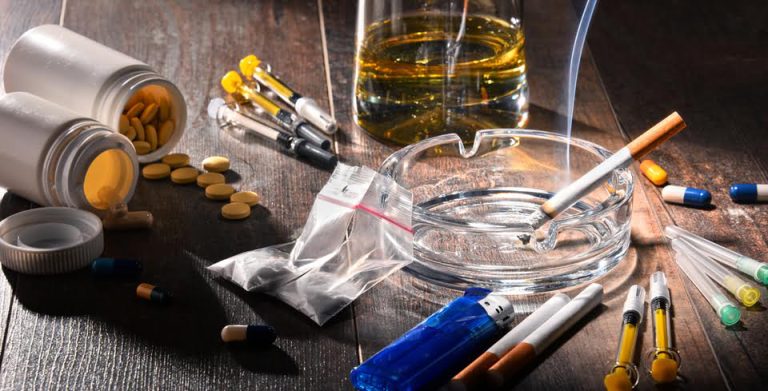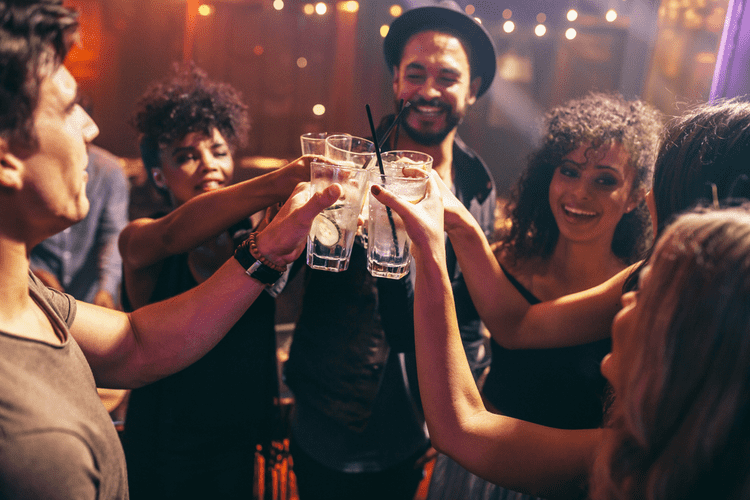To determine if drinking (which may have a weaker correlation with migraines than previously thought) is one of yours, it’s helpful to learn the signs of alcohol-induced headaches. Due to the inclusion of many study designs, the risk of bias was evaluated using tools adjusted to the type of study. The Joanna Briggs Institute (JBI) critical appraisal tools were used for cross-sectional, cohort and case control studies 63. According to the appropriate JBI checklist, cross-sectional studies had to be conducted on the basis of eight questions, case-controls had ten questions, while cohort studies contained 11 questions. Possible answers were “Yes”, “No”, “Unclear” or “Not applicable”. If a cross-sectional study received seven or more positive answers, a case–control eight and a cohort study nine, ten or 11, their assessments were described as https://dev.pansogal.com/2021/09/07/alcohol-use-treatment-for-alcohol-withdrawal-2/ having a low risk of bias.

If you get nausea from migraines (or really anything else), keep some rubbing alcohol wipes around. They’re cheap from the drugstore, and inhaling the scent from them is actually an evidence-based anti-nausea measure with effectiveness comparable to anti-nausea medications, even some prescription ones. See Inhaled isopropyl alcohol for nausea and vomiting in the emergency department – PMC (nih.gov), for instance.
This helps them find the best way to help you manage your migraine. Seeing a healthcare professional is key for those with migraine. But there are also other things that might help you enjoy that drink in social company, as it might help raise the threshold for the mentioned mechanisms that alcohol does alcohol help headaches is known to elicit. Drinking alcohol can lead to a headache that comes later, even after the alcohol is gone. What you eat matters too; processed and high sugary foods can increase oxidative stress and fasting can lead to energy deficiency. Mechanisms both inside and outside of the human body lead to ROS generation.


Genes that play a role in opioid, serotonin, and dopamine systems also influence alcohol sensitivity. These genes may affect the likelihood of experiencing symptoms Sobriety such as headaches after drinking small amounts. Research from 2020 showed that 95% of participants experienced alcohol-induced headaches. According to the migraine trust, alcohol regularly triggers migraine in around 10% of people. If you’ve identified alcohol as a trigger for your migraine headaches, avoiding it altogether is probably best.
The best drinks for migraine sufferers are those that they have determined do not contribute to their attacks. Keeping a migraine diary can help identify which alcohols trigger migraines and which ones don’t. Even people who are not prone to headaches will get a headache after a night of heavy alcohol consumption. One or two drinks with food and water over time might be safe for you, but three or more will produce a hangover headache for many people.